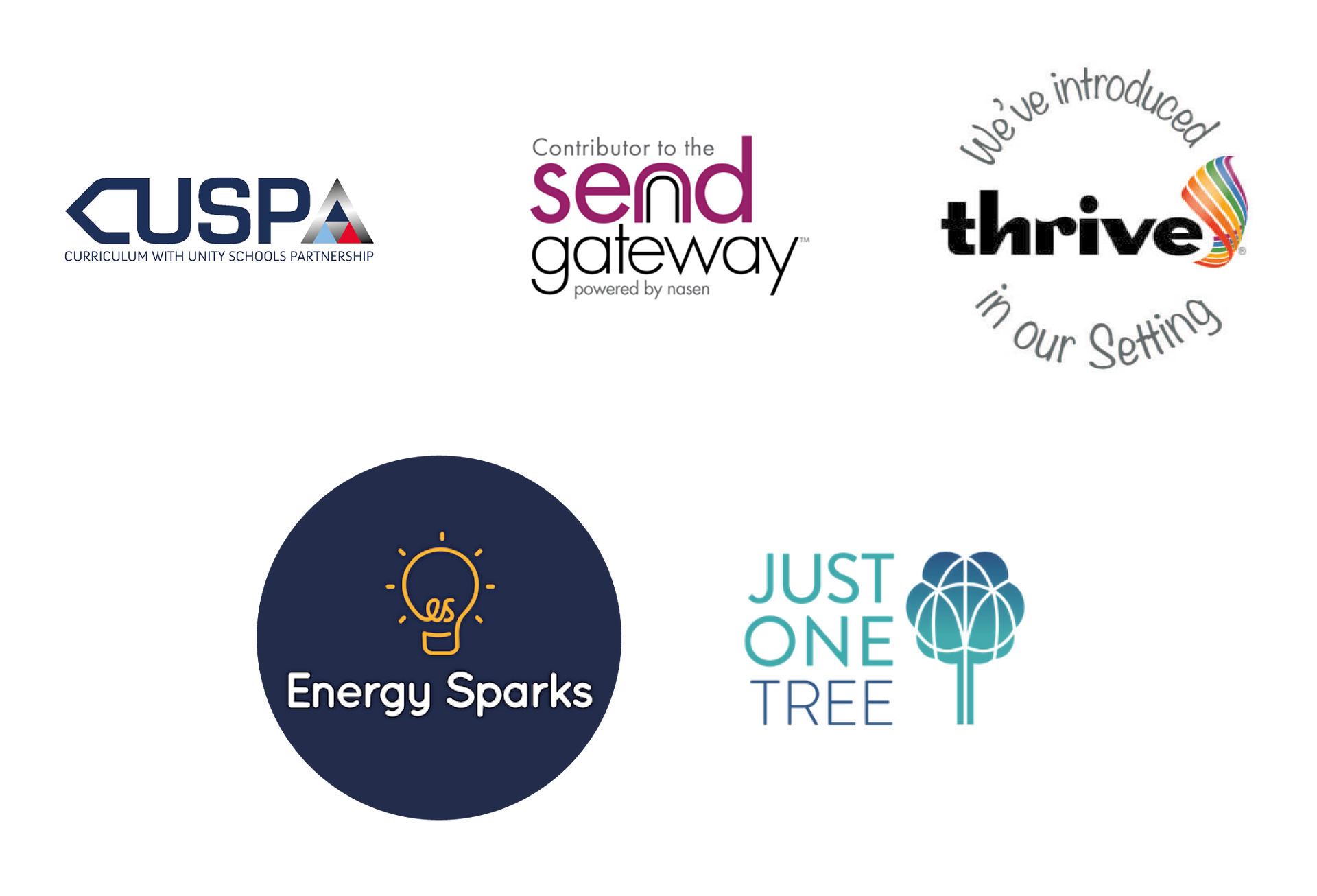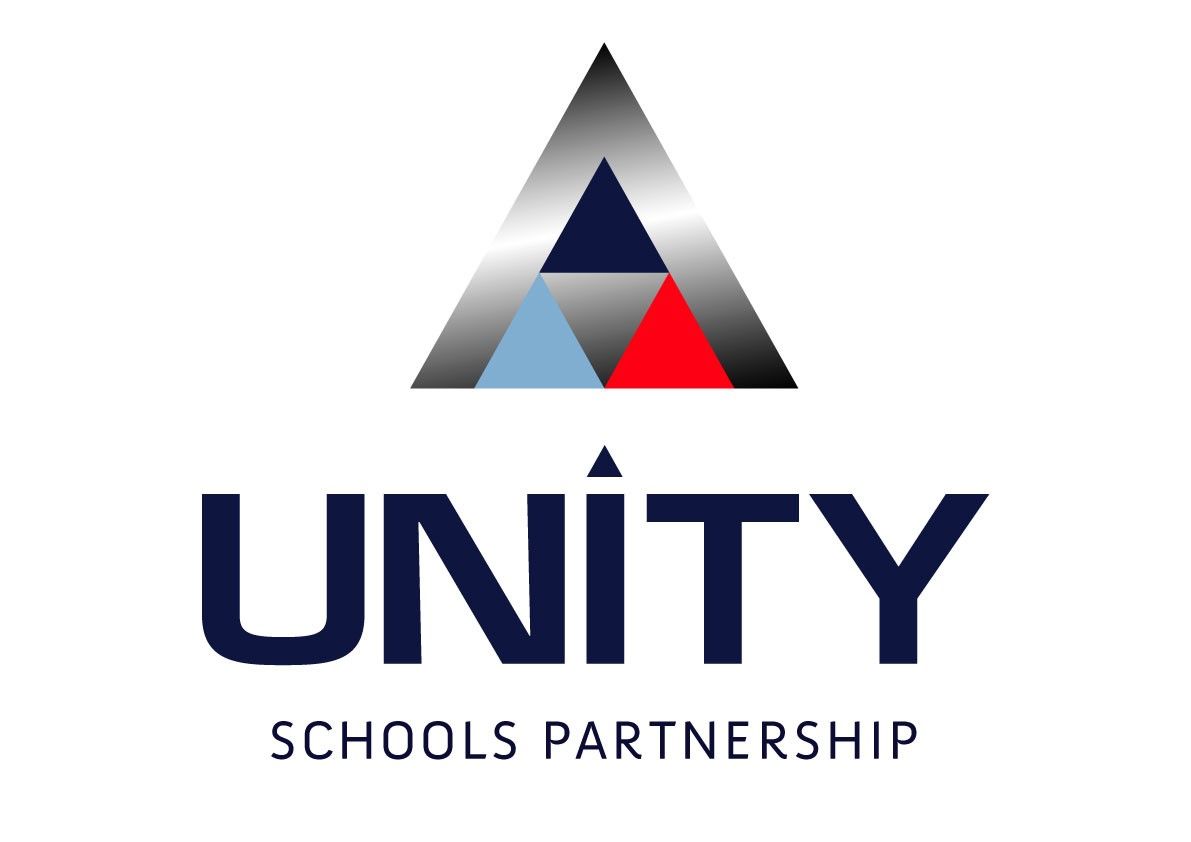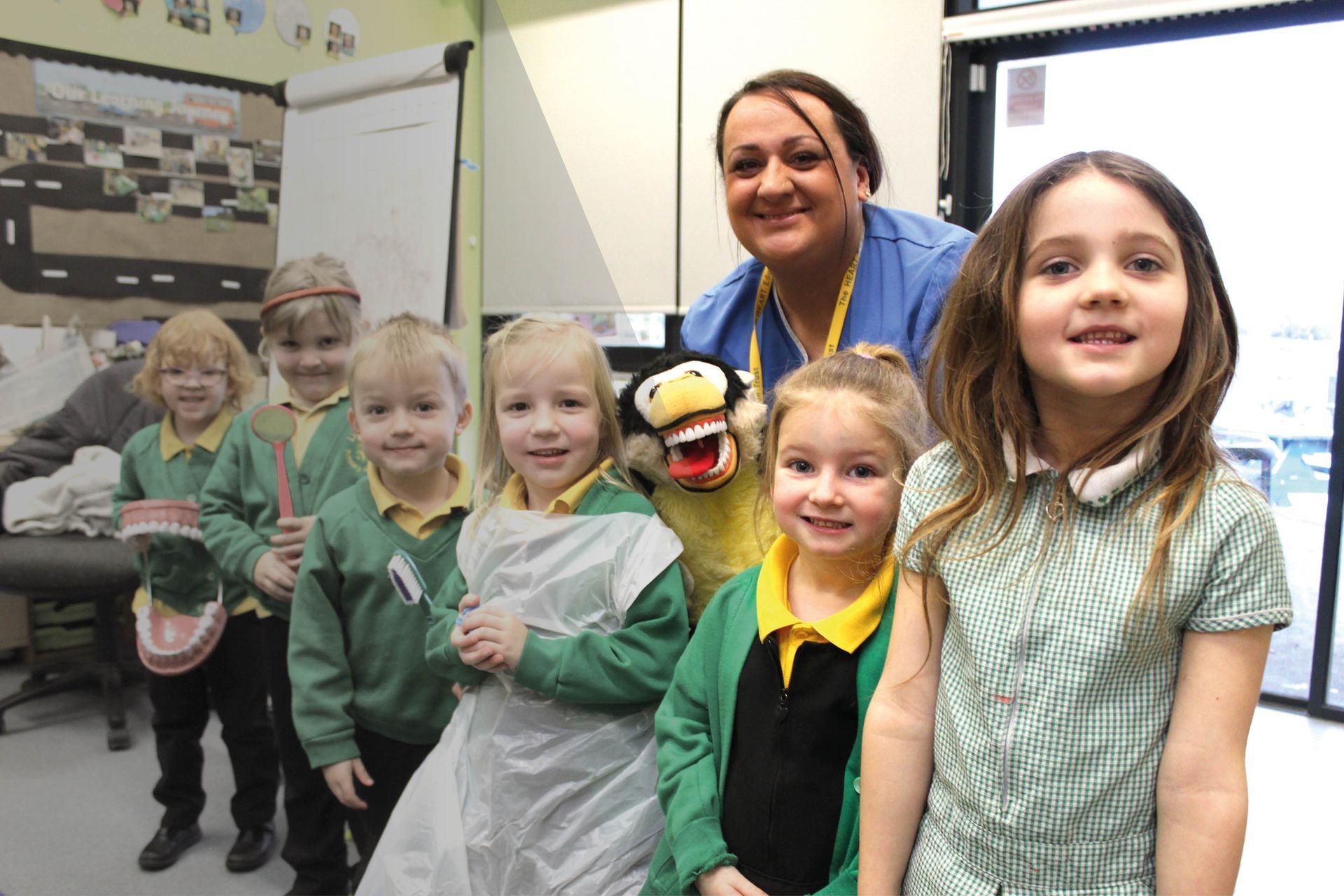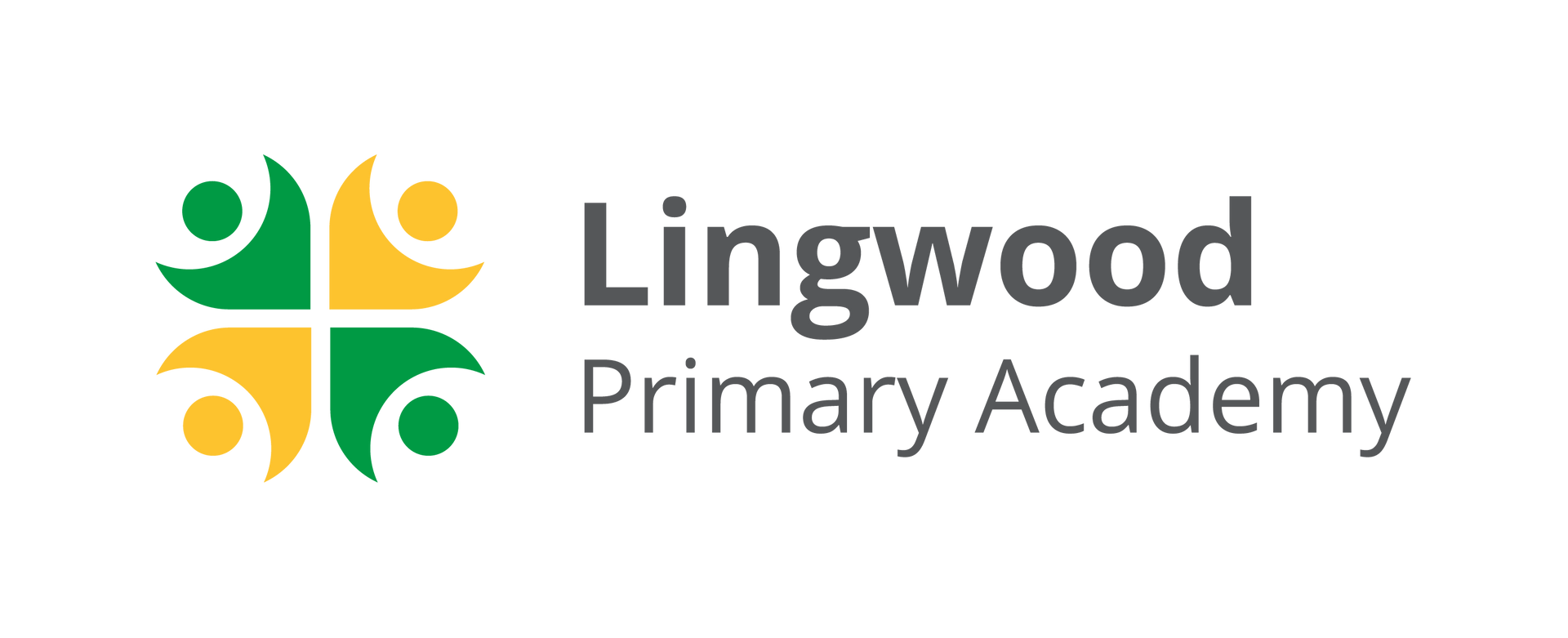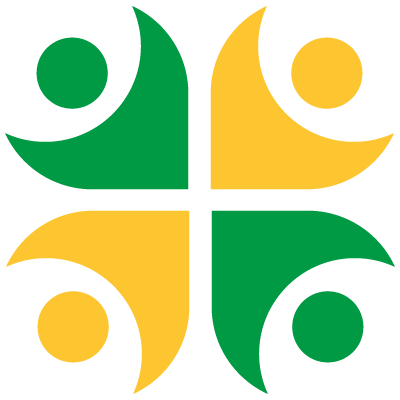
KS1 and KS2
curriculum
Subjects

-
Art
We follow the CUSP (Curriculum Unity Schools Partnership) Art curriculum. This curriculum covers a broad range of artistic disciplines including drawing, painting, printmaking, textiles, 3D and collage. Pupils will revisit key disciplines throughout their Primary journey at increasing degrees of challenge and complexity.
The curriculum also covers key aspects of artistic development, including:
- Shape – creating flat (2D) areas surrounded by an outline or edge
- Line – how lines are used to show movement and mood
- Colour – how colours are used to convey atmosphere and mood
- Value – the intensity of colours
- Form – creating sculptures and 3D shapes
- Texture – the look and feel of a surface
- Space – making a flat image look like it has form
-
Computing
All pupils have access to 1:to:1 devices – iPads for our younger children and Google Chromebooks for our older children.
In our curriculum, children cover a dynamic selection of topics including:
- Computing systems and networks
- Online safety
- Creative media
- Digital writing and painting
- Data and information
- Desktop publishing
- Programming – games, robotics and more
- Animation, video-editing and music production
- Webpage creation
-
Design and Technology
Our pupils develop creative, practical and problem-solving skills through a variety of DT projects, using different materials and techniques to tackle each challenge.
Our Design and Technology curriculum covers:
- Structures – making something freestanding / shell structures
- Mechanisms – sliders, levers, wheels, pulleys, gears and more
- Food – preparing fruit and vegetables / healthy and varied diets / celebrating culture and seasonality
- Textiles – templates and joining techniques / combining fabric shapes
- Electrical systems – including switches, circuits, programming, monitoring and control
-
English - reading
We are committed to ensuring our pupils leave our academy as fluent and confident readers. We also aim to inspire a love of reading in them which will follow them into their later life. For this reason, ‘core texts’ are at the heart of our curriculum - these are high quality, engaging texts that lead our learning.
To promote reading further, we have introduced Oxford Reading Buddies, an online reading platform that gives each child access to a range of reading books at an appropriate level of challenge set by the teacher. The software enables teachers to see the books children have accessed and the skills they have rehearsed
We recognise that reading is made up of these essential elements:
- Decoding
- Comprehension
- Reading for pleasure
At KS1, reading is taught through:
- A daily ‘Phonics’ lesson – following ‘Read Write Inc’ programme
- English lessons – featuring core texts
- Daily Reading Comprehension – reading as a whole class to develop the skills necessary to understand a text
- Reading for pleasure assemblies
- Library sessions – promoting individual reading choice and reading for pleasure
- Targeted provision for those pupils needing additional support/challenge
At KS2, reading is taught through:
- English lessons – featuring core texts.
- Individual reading – home/school reading books, reading records and Oxford Reading Buddies
- Daily Reading Comprehension – reading as a whole class to develop the skills necessary to understand a text
- Reading for pleasure assemblies
- Library sessions – promoting individual reading choice and reading for pleasure
- Targeted provision for those pupils needing additional support/challenge
-
English - writing
Children need to write as a means of communication, as a way of clarifying their thoughts and as a method of recording their opinions and ideas. Various types of writing are introduced to the children, enabling them to select the most appropriate skills for the task in hand. We also stress the importance of good spelling, sound grammatical structure, neat handwriting and quality presentation.
Pupils develop their writing skills through exercises covering:
- Narrative writing – sci-fi, fairy tales, myths and more
- Non-fiction report writing
- Creating fact files
- Shaping persuasive and explanatory letters
- Non-chronological leaflets and reports
- Poetry
- Newspaper articles
- Biographies and auto-biographies
- Playscripts
-
French
From KS2, pupils will have the opportunity to learn French, covering core aspects of listening and speaking in a different language.
Areas covered include:
- Greetings, feelings and personalities
- Friends and family
- Food – Fruit and vegetables / ordering food
- Objects – clothes, pets,
- Descriptions – sizes, faces, bodies
- Hobbies and leisure
- Days and months
- Geography - Where we live, cities, countries and travel
- Weather
- Careers and technology
- Healthcare
-
Geography
In our Geography curriculum, we provide pupils with a broad range of topics, helping them to understand the world around them and further afield.
Topics covered include:
- Our local area
- The United Kingdom
- Europe and America
- Hot and cold areas and the equator
- Seasons
- Continents and oceans
- Mapping
- Hills and Mountains
- Earthquakes and volcanoes
- Climate zones, biomes and vegetation belts
- Natural resources and sustainable living
-
History
Pupils will gain the opportunity to understand British and world history, discovering and appreciating historic events from different cultures and viewpoints.
History topics include:
- Family history
- Great explorers
- Holidays
- Bonfire night and the Great Fire of London
- The Stone, Bronze and Iron ages
- Crime and Punishment
- The Ancient Egyptians
- Anglo Saxons and Vikings
- The Impact of War
- The Mayan Civilisation
-
Mathematics
Maths is developed throughout the curriculum, as well as a discrete subject, supported by the use of Power Maths and White Rose Hub. The emphasis on the using and applying aspects of maths ensures that children recognise that mathematics is a life skill, which they use on a daily basis.
Power Maths has been designed to spark pupils' excitement and curiosity about maths whilst developing their confidence. It combines interactive teaching tools, rich and quality textbooks and practice books for primary aged children.
It is built around a child-centred lesson design that models and embeds a growth mindset approach to maths and focuses on helping all children to build a deep understanding of maths concepts.
-
Music
Within our curriculum, we expose pupils to a rich selection of musical experiences. Areas covered in our curriculum include:
- Beat, rhythm, tempo, patterns and pitch
- Improvisation
- Exploring sound and creating stories
- Feelings through music
- Different musical styles and elements
- Creating compositions
- Notation and chords
- Music technology
In year 4, all pupils receive Whole class Instrumental Tuition, from an expert teacher.
-
PE
In our PE (Physical Education) curriculum, children experience gymnastics, dance, team games and swimming. We aim to teach pupils the skills of both competitive and non-competitive games and show them the necessity of sharing, cooperation and good sportsmanship. All children need to take part in PE/Sport as it is part of the National Curriculum and develops good habits for a healthy lifestyle.
The children regularly take part in cross country and County Sport events. There is a Sports Day each year and parents are encouraged to attend.
-
PSHE
Our PSHE (Personal, social, health and economic education) curriculum is delivered using SCARF (Safety, Caring, Achievement, Resilience, Friendship) – a leading provider of PSHE and wellbeing education in primary schools.
Knowledge, skills, and connections to keep children and young people healthy and safe and prepare them for life and work are explored in the following topics:
- Me and My Relationships
- Valuing Difference
- Keeping Myself Safe
- Rights and Respect
- Bringing My Best
- Growing and Changing
-
Religious Education
Religious Education is taught in accordance with the Norfolk Agreed syllabus. We focus on different aspects of Christianity and other major world religions. This reflects the fact that religious traditions in this country are in the main Christian, whilst taking account of the teaching and practises of other principal religions. By providing an understanding of other cultures, customs and religions we aim to promote tolerance. Collective Worship is held on a daily basis, with the whole school together. Any parent wishing to withdraw their child from Collective Worship in Religious Education, is invited to discuss the matter, and suitable alternative provision, with the Headteacher.
Religious Education is an entitlement for all pupils and its place in the whole school curriculum is an acknowledgment of the important role which beliefs and values play in people’s lives, regardless of particular religious commitments. It is also an acknowledgement that religious beliefs and practices play a key part in the lives of many people worldwide today as they have done throughout history.
As a curriculum area Religious Education offers pupils an opportunity to develop a better understanding of themselves, the people around them and the world in which they live. RE at Lingwood Primary Academy is provided in line with the requirements of the relevant Education Acts. These are that:the basic curriculum must include Religious Education provision for all the pupils on the school roll
We recognise that children may come from a variety of religious and secular backgrounds. The religious programme seeks to be sensitive to the home background of each child; it is not the function of Religious Education to promote or disparage particular religious views.
Within the framework of the Education Acts and Agreed Syllabus, our aims in Religious Education are:
- to enable each child to explore the human experiences people share and the questions of meaning and purpose which arise from those experiences;
- to enable pupils to know about and understand the beliefs and practices of some of the religions and world views, particularly those represented in Norfolk and the UK. Among these, Christianity has a particular place, and is taught in each year;
- to promote respect, sensitivity and cultural awareness by teaching about the religions and world views represented in the region and the country;
- to affirm each child in his/her own family tradition, religious or secular;
- to provide opportunities for spiritual, moral, social and cultural development;
- to promote an enquiring approach, enabling children to think for themselves to process information, reason, question and evaluate issues of truth, belief, faith and ethics.
The Norfolk Agreed Syllabus gives more details of the importance of Religious Education in the curriculum and selects two main aims for its Programmes of Study and Attainment Targets: Learning about religion and belief, and Learning from religion and belief.
-
Science
We follow the CUSP (Curriculum Unity Schools Partnership) Science Curriculum. This curriculum is ambitious and supports our pupils to have the necessary knowledge, skills and understanding to support them in each phase of their learning and in their lives beyond school.
CUSP Science is organised into three distinct subject domains: biology, physics and chemistry. In this expansive science curriculum, topics covered include:
- Living things and their habitats – plants, animals, humans
- Identifying and comparing materials
- Scientists and inventors
- Materials and shapes
- The environment
- Forces and magnets
- Rocks
- Light
- Electricity and sound
- States of matter
- Earth and space
- Evolution and inheritance
Lingwood Primary Academy is part of the Unity Schools Partnership. They are contactable via the following details:
Unity Schools Partnership Offices, Homefield Road, Haverhill, Suffolk, CB9 8QP. Telephone: 01440 333400.
Email: ltaylor@unitysp.co.uk.
